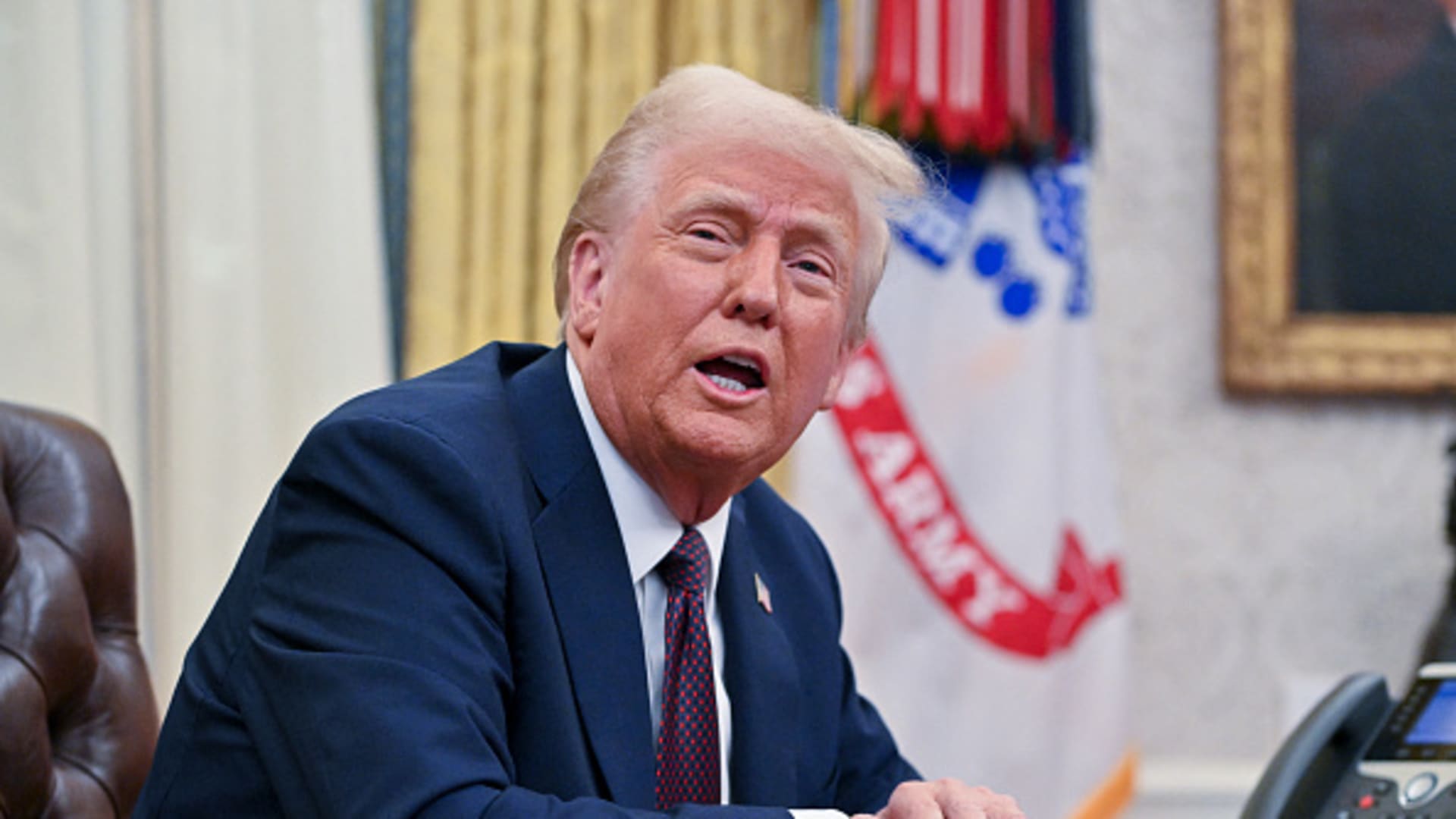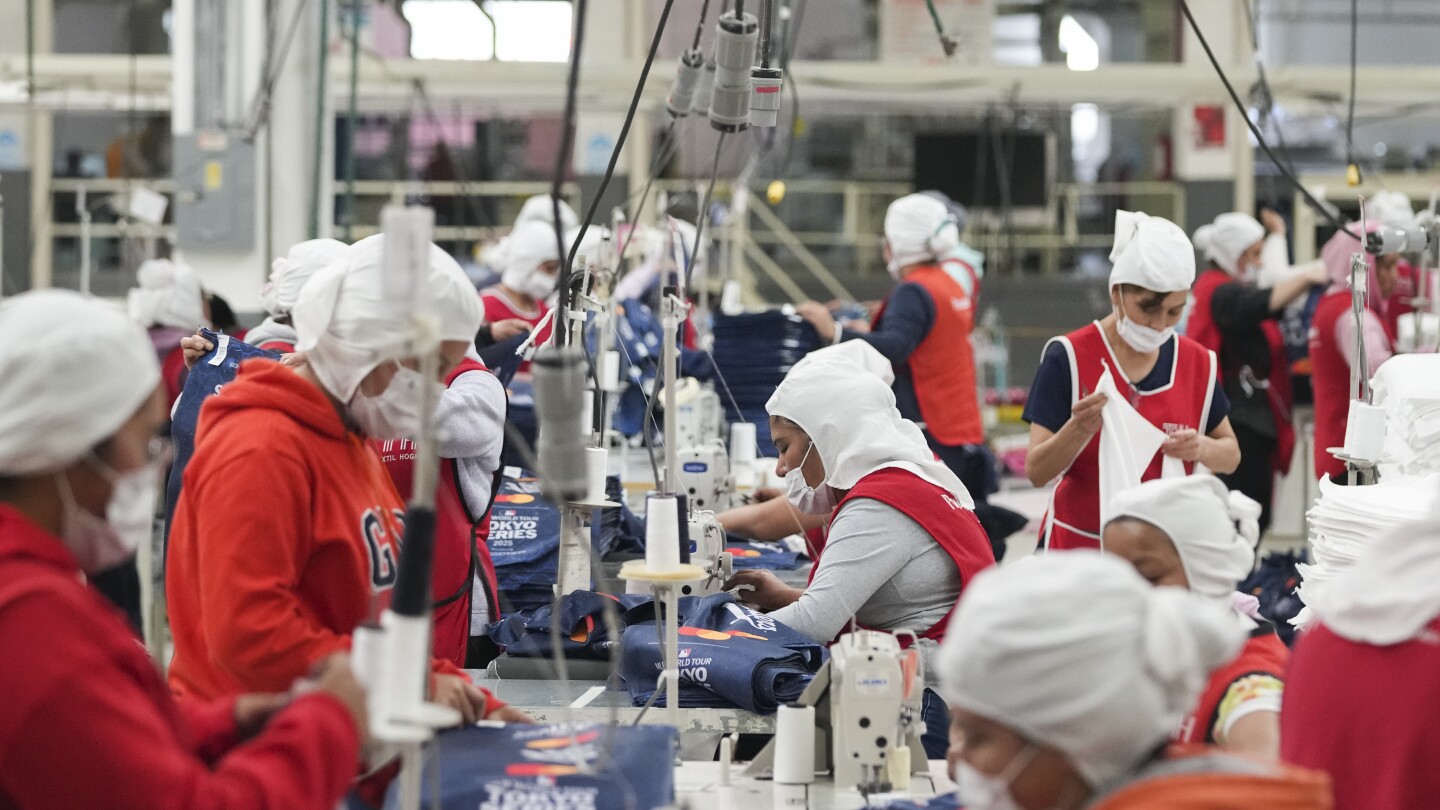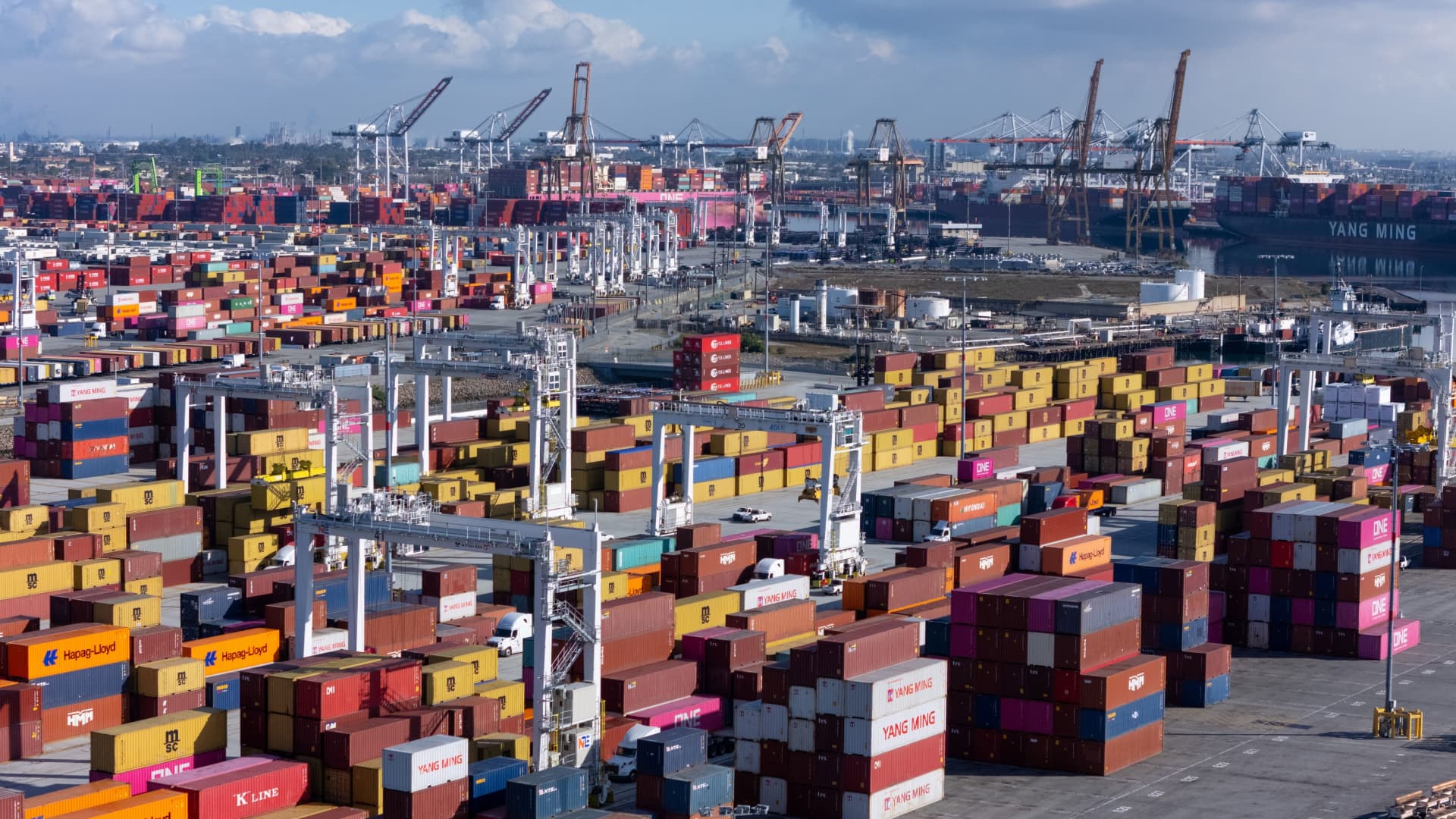The Hidden Cost of Tariffs: How Trump’s Policies Affect Your Coffee and More
As tariffs reshape trade dynamics, everyday products like coffee, crude oil, and cut flowers are witnessing significant price hikes. The imposition of tariffs has become a central theme in global trade discussions, especially during the Trump administration. Understanding how these policies impact consumers in the United States and producers abroad is crucial for grasping the broader economic implications. This article delves into the hidden costs associated with tariffs, particularly focusing on coffee, crude oil, and cut flowers, and explores how these changes reverberate through the Colombian economy.
Understanding Tariffs and Their Impact
Tariffs are essentially taxes imposed on imported goods. They are designed to protect domestic industries by making foreign products more expensive. While this may benefit local producers in the short term, the long-term effects on consumers and the global economy can be detrimental.
During Trump’s presidency, the U.S. implemented a series of tariffs on various products, including steel, aluminum, and agricultural goods. These measures were intended to promote American manufacturing and address trade imbalances. However, they inadvertently led to increased prices for many consumer goods, including coffee—a staple in many American households.
The Coffee Conundrum
Colombian coffee has long been a favorite among American consumers. Known for its rich flavor and high quality, Colombian coffee is a significant export for Colombia. The introduction of tariffs on coffee imports can lead to increased costs for consumers. When tariffs are applied, importers often pass these costs onto consumers, resulting in higher prices at the grocery store or café.
- Price Increase: Tariffs can cause coffee prices to rise, making it more expensive for consumers to enjoy their daily brew.
- Quality Concerns: Higher prices may lead some consumers to opt for lower-quality alternatives, impacting overall coffee consumption trends.
- Market Dynamics: As tariffs alter trade flows, the coffee market may shift, affecting the availability of Colombian coffee.
The Crude Oil Connection
Another area where tariffs have made a noticeable impact is in the crude oil market. Tariffs on steel and aluminum, for instance, have elevated the cost of producing and transporting oil. This increase in production costs can lead to higher prices at the pump for consumers.
Moreover, as the U.S. imposes tariffs on foreign oil, it can create an environment where domestic oil prices fluctuate unpredictably. This volatility can be detrimental to consumers who rely on stable fuel prices for their daily commutes and businesses that depend on predictable energy costs.
Cut Flowers and Seasonal Effects
Cut flowers, particularly those imported from Colombia, are another example of how tariffs can affect everyday products. Colombia is one of the largest exporters of fresh flowers to the United States, especially for occasions like Valentine’s Day and Mother’s Day. Tariffs imposed on these imports can lead to increased prices for consumers purchasing flowers during peak seasons.
As a result of higher costs, consumers may choose to forgo purchasing flowers or seek out cheaper, domestically produced options, which can hurt Colombian flower growers who depend on the U.S. market for their livelihoods.
Impact on the Colombian Economy
The economic repercussions of U.S. tariffs extend beyond American consumers; they also significantly impact Colombian farmers and exporters. Here’s how:
- Reduced Export Revenue: As tariffs increase the cost of Colombian coffee, flowers, and other exports, revenue generated from these products declines, affecting the livelihoods of farmers.
- Job Losses: With decreased demand for exports due to higher prices, job losses in Colombia’s agricultural sector can occur, exacerbating poverty levels in rural communities.
- Economic Instability: The reliance on exports makes Colombia vulnerable to fluctuations in demand caused by U.S. tariff policies, leading to economic instability and uncertainty.
The Bigger Picture: Tariffs and Trade Relations
Tariffs can also strain international relations. Countries affected by U.S. tariffs may retaliate with their own tariffs, leading to trade wars that can further escalate tensions. For example, if Colombia perceives U.S. tariffs as unfair, it might impose tariffs on U.S. goods, creating a cycle of escalating trade barriers.
Moreover, the long-term implications of such policies can lead to reduced trade partnerships and a less cooperative international economic environment. Countries may seek to establish trade agreements that exclude the U.S. as a response to tariffs, diminishing America’s influence in global trade.
Consumer Awareness and Future Implications
For consumers, being aware of how tariffs affect everyday products is crucial. While tariffs may be intended to protect domestic industries, they can also lead to unintended consequences that affect the average shopper’s wallet. Understanding these dynamics can empower consumers to make more informed choices about their purchases.
As the global economy continues to evolve, it is vital for policymakers to consider the repercussions of tariffs not only on domestic industries but also on international partners and consumers. A balanced approach that fosters fair trade while protecting local economies could lead to a more sustainable economic landscape for everyone involved.
Conclusion
In summary, the hidden costs of tariffs extend well beyond simple price increases on products like coffee, crude oil, and cut flowers. As Trump’s policies continue to shape trade dynamics, understanding these implications is essential for consumers and producers alike. By examining how tariffs impact both sides of the equation, we can better navigate the complexities of international trade and advocate for policies that promote fair and equitable economic practices. The interdependence of global markets means that the choices made today will resonate for years to come, shaping the future of trade, consumer behavior, and economic stability.
See more CCTV News Daily



